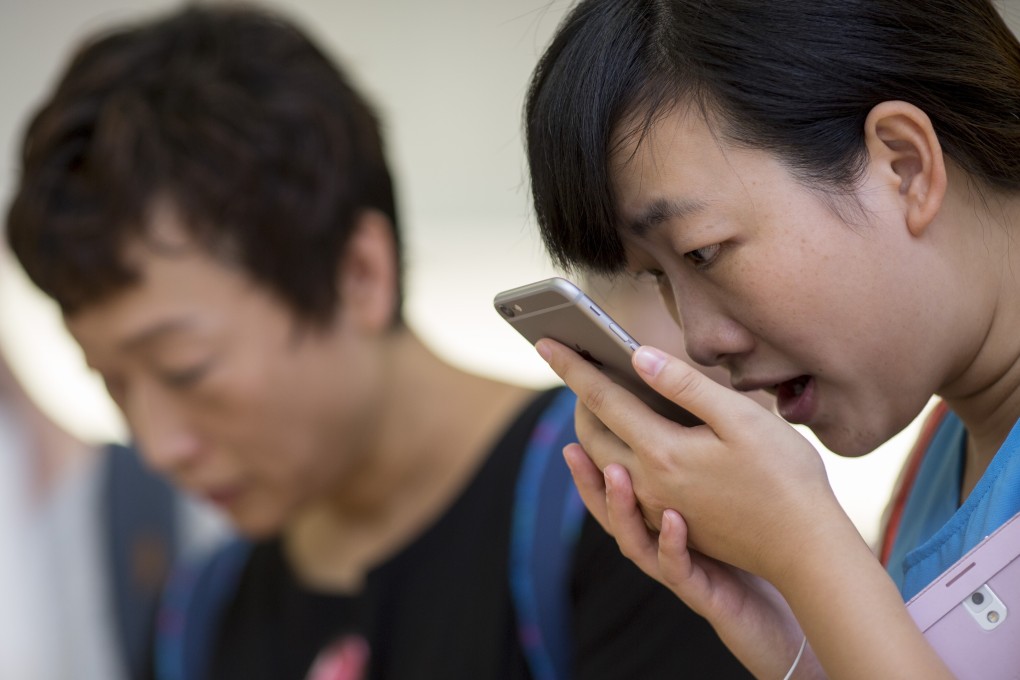Apple’s Siri becomes target of nationalist netizens after glitch caused it to skip Chinese Olympic gold tally
- Weibo users vent online as apparent bug prevents Siri from reading out the number of gold medals Chinese athletes have won in Tokyo
- Apple’s iPhones remain hugely popular in China although company has faced nationalist backlash amid US-China tensions

Users of the country’s social media platform Weibo expressed displeasure on Wednesday morning as they uploaded video screen captures from their iPhones showing the official Olympic gold medal tally of China. While the video image showed that Japan won 11 gold medals, followed by the US and China with 10 gold medals each, and Russia with seven gold medals, Siri was unable to read out China’s number of wins.
The glitch was caused by a technical setting that only allowed Siri to read out the name of one country if two countries have the same amount of gold medals, according to technology blogs citing Apple’s client service. On Wednesday afternoon the problem had been fixed and Siri was able to read out the correct tally for China.
Apple declined to comment.
Despite the technical explanation, Siri’s omission fanned online speculation in China that the US tech giant may have deliberately snubbed the country, amid rising nationalism as tensions mount over tech and trade. “People only believe what they want to believe,” digital product influencer Wo Shi Konglong Jun wrote on Weibo, China’s equivalent to Twitter.